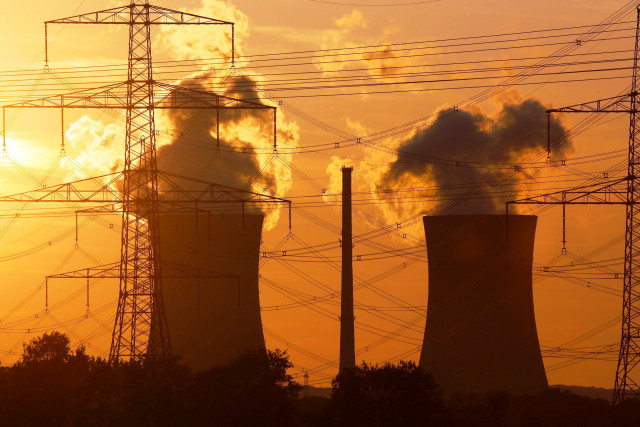Expert-level talks: US says talks under way on civil nuclear technology
Deputy spokesperson says talks with Taliban an ‘internal matter’.

Deputy spokesperson says talks with Taliban an ‘internal matter’. PHOTO: FILE
Deputy spokesperson for the American embassy Sandeep K Paul has said that expert-level talks are in progress regarding the provision of civil nuclear technology by the United States to Pakistan. However, he did not specify a time frame for the outcome of the talks.
Speaking with Express News, he said the possibility of such an agreement between the two countries cannot be dismissed. There is no issue with Pakistan regarding the agreement on the provision of nuclear reactors to Pakistan by China, he said, adding the US has some reservations over China’s refusal to implement agreements made by the Nuclear Suppliers Group (NSG).
Sandeep Paul said Pakistan’s relations with China are its internal issue. Pakistan can have relations with any country of the world that suits its national interest and the US has nothing to do with this, he reiterated. The US also does not have any position on Pakistan’s talks with Taliban as it is completely an internal matter, he said.
Paul said the US is investing $1 billion every year in sectors of energy, education, health and agriculture in Pakistan. The spokesperson said thermal power plants have been reconstructed with US aid in Pakistan and the country’s investment in sectors like natural gas, solar energy and wind energy continues. He added that the US is assisting in projects such as the Pak-Afghan-Turkmenistan gas pipeline and the supply of electricity from Central Asia to Pakistan. The US has reservations on the Iran-Pakistan gas pipeline, he stated and while sanctions on Iran have been eased, they have not been lifted.
He said the US wants to see stability, prosperity and safety in this region and remarked that Pakistan’s relations with India and Afghanistan can be improved gradually. He added that good relations between Pakistan, Iran and Afghanistan are a prerequisite for economic development of all three countries and are also in the interest of the US.
The US has serious concerns regarding violent attacks on journalists and violations of human rights in Pakistan, Paul said.
US investment in Pakistan is in the interest of both the countries. Any improvement in Pakistan’s economy will increase its trade with the US and if the US assists Pakistan, its trade will grow, Paul said, adding that the US is aiming for a long-term relationship with Pakistan. He refuted the allegation the US’s priorities regarding Pakistan will change as Nato troops pull out of Afghanistan this year.
Published in The Express Tribune, March 21st, 2014.



















COMMENTS
Comments are moderated and generally will be posted if they are on-topic and not abusive.
For more information, please see our Comments FAQ